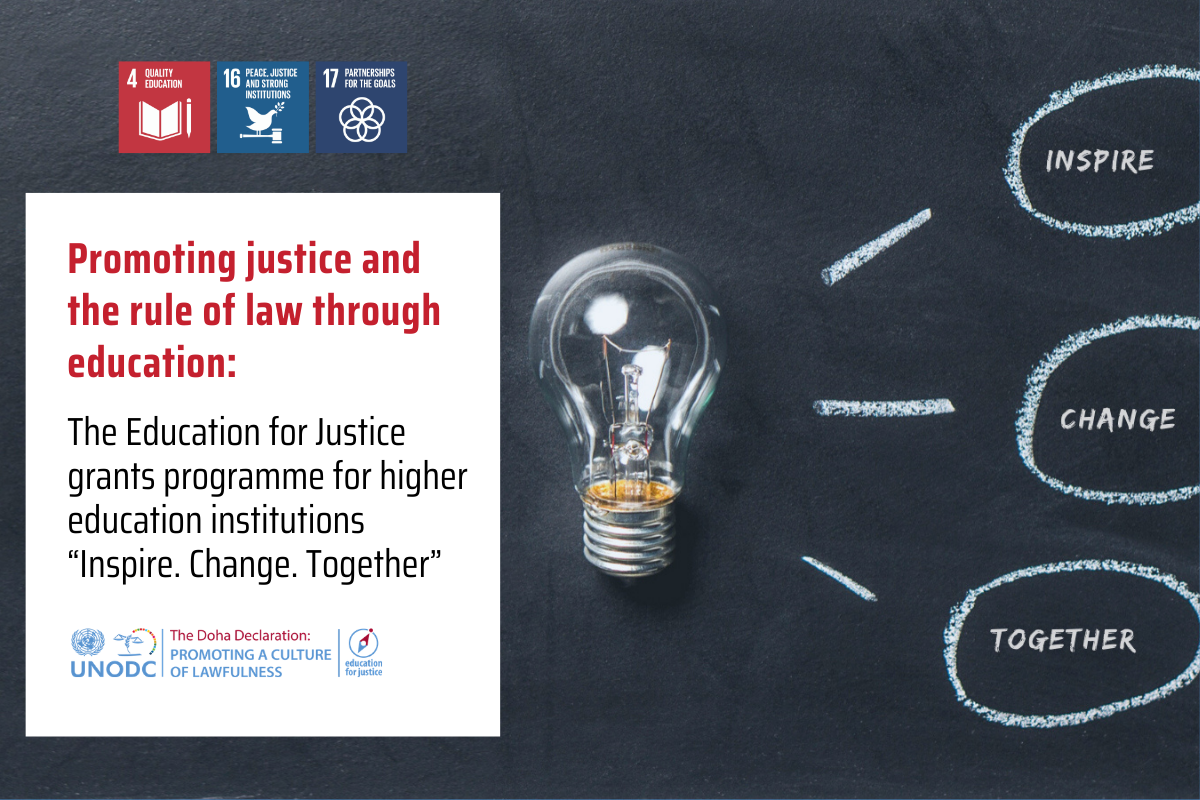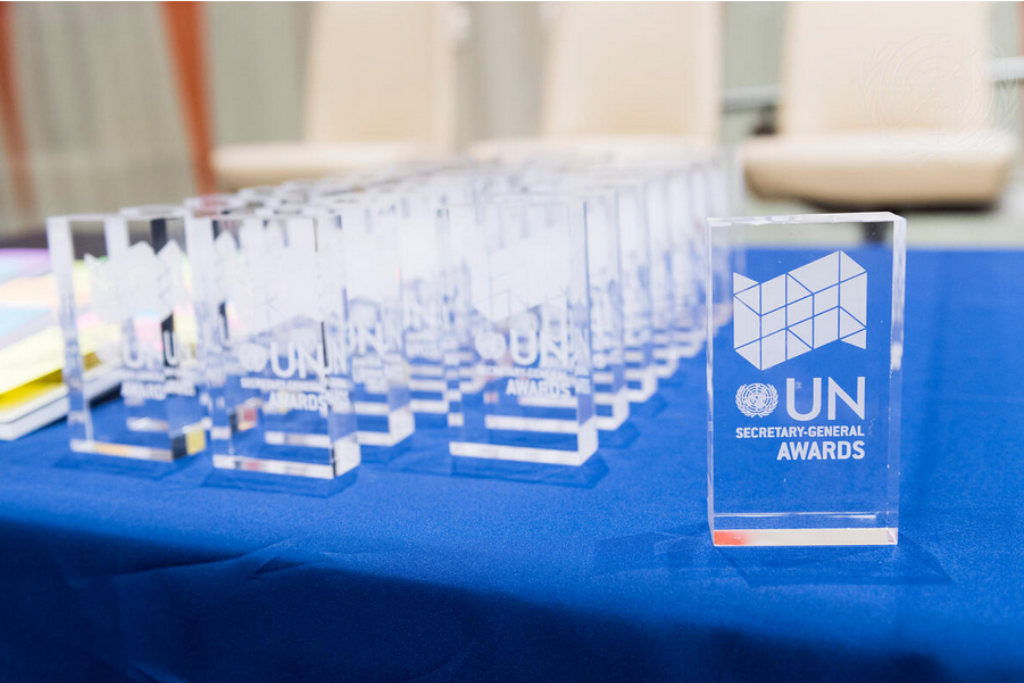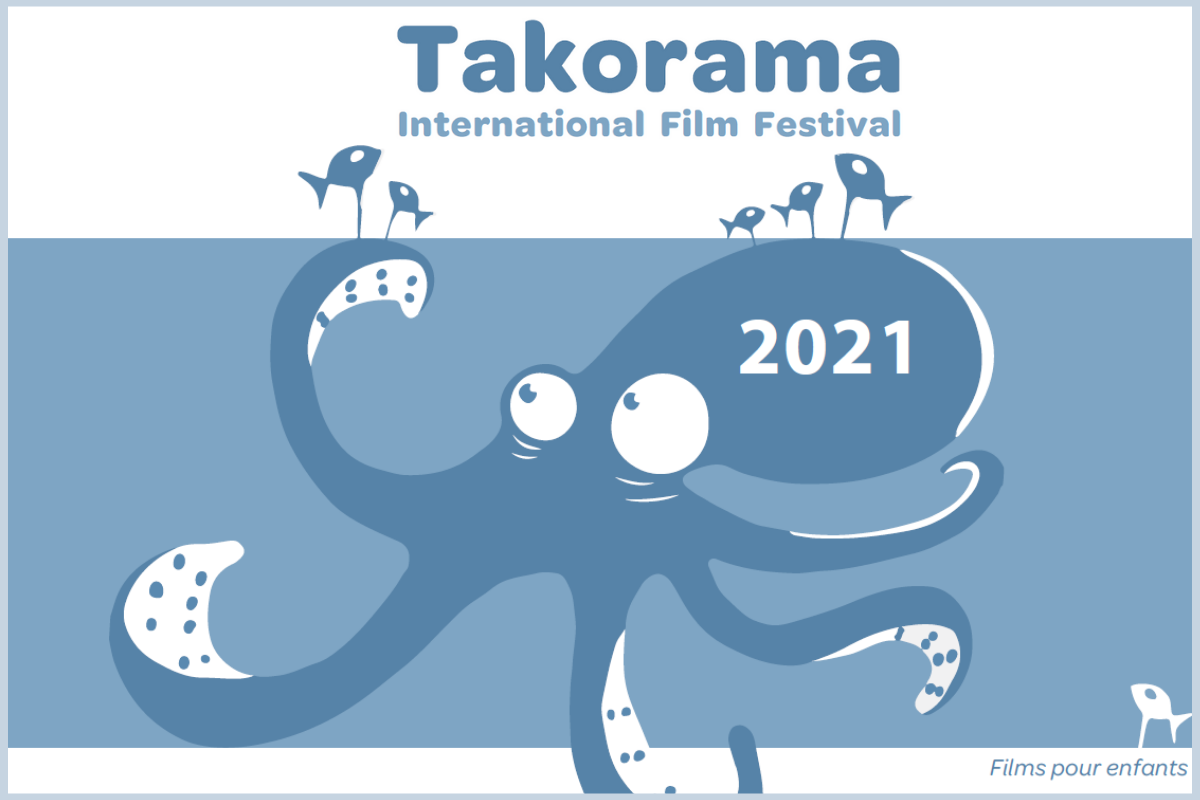Global Citizenship Education for a Culture of Lawfulness initiative begins its work
23 March 2018 - The first expert consultation meeting on establishing a Global Citizenship Education for a culture of lawfulness was held in Paris last week under the auspices of UNESCO, in partnership with the Education for Justice (E4J) component of UNODC's Global Programme for the Implementation of the Doha Declaration.
The meeting was attended by educators, policymakers and experts in various fields of prevention, in addition to technical and programme teams from UNODC and UNESCO. Deliberations centered on defining the key notions leading to promoting a culture of lawfulness through education, identifying the specific values and competences to impart on students, and determining the most effective educational approaches to achieve these goals. This project contributes to the 2030 Agenda for Sustainable Development, in particular Sustainable Development Goals 4 and 16 calling for quality education and building peace, justice and strong institutions.
Ms. Soo-Hyang Choi, Director of UNESCO's Division for Inclusion, Peace and Sustainable Development, stressed the intersection of both education and crime prevention related work within these goals, telling participants in her opening statement: "It is important not to lose sight of this broader framework." She also referred to the long-term vision of this initiative, stating: "Bad things happen so suddenly that you will notice them immediately. Meanwhile, good things take place incrementally, and that is through education."
Representing the State of Qatar, which supports and finances UNODC's vast and multi-faceted Global Programme, Ambassador Ali bin Jassim Al-Thani stressed the comprehensiveness of the project, stating: "In order for this initiative to reach its noble goals, it needs to be universal in nature." He also referred to the challenge of applicability on a global level, saying: "The initiative should fully respect the diversity of cultures, and be applicable in all societies."
 The meeting concluded by adopting recommendations to develop guidance material for two sets of documents, namely a document for education policymakers, and a toolkit for teachers and educators, aiming at strengthening educational systems' capacities to promote the rule of law, and empowering, motivating and equipping students to become ethically responsible agents of change.
The meeting concluded by adopting recommendations to develop guidance material for two sets of documents, namely a document for education policymakers, and a toolkit for teachers and educators, aiming at strengthening educational systems' capacities to promote the rule of law, and empowering, motivating and equipping students to become ethically responsible agents of change.
The Initiative on Global Citizenship Education, a partnership agreement between UNODC and UNESCO, was signed in December 2017, and aims at equipping primary and secondary level educators with tools to uphold the principles of human rights and democracy, as well as to preserve and strengthen democratic institutions and the rule of law. The initiative will be rolled out over the next two years, pooling existing expertise from the two organizations.
Additional information:
Education for Justice initiative
Global Citizenship Education


